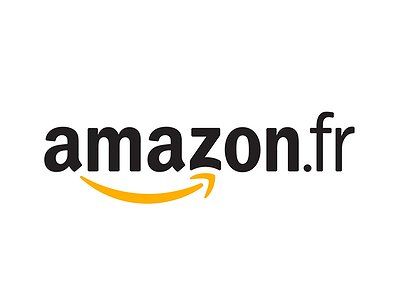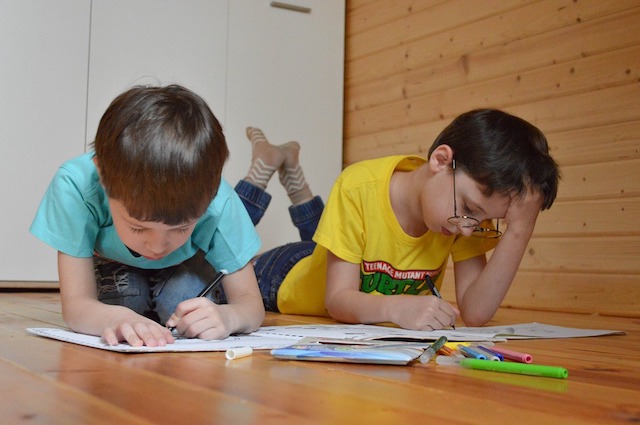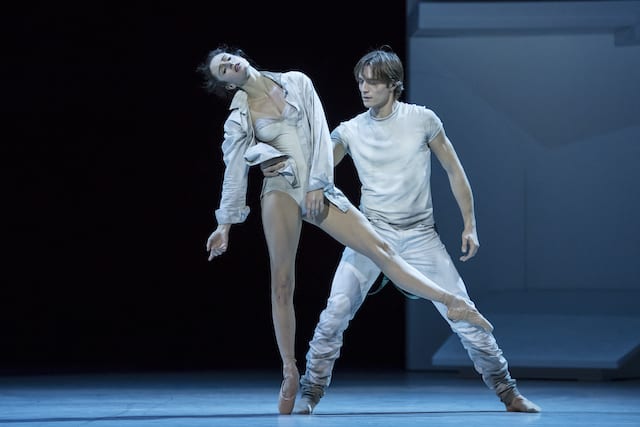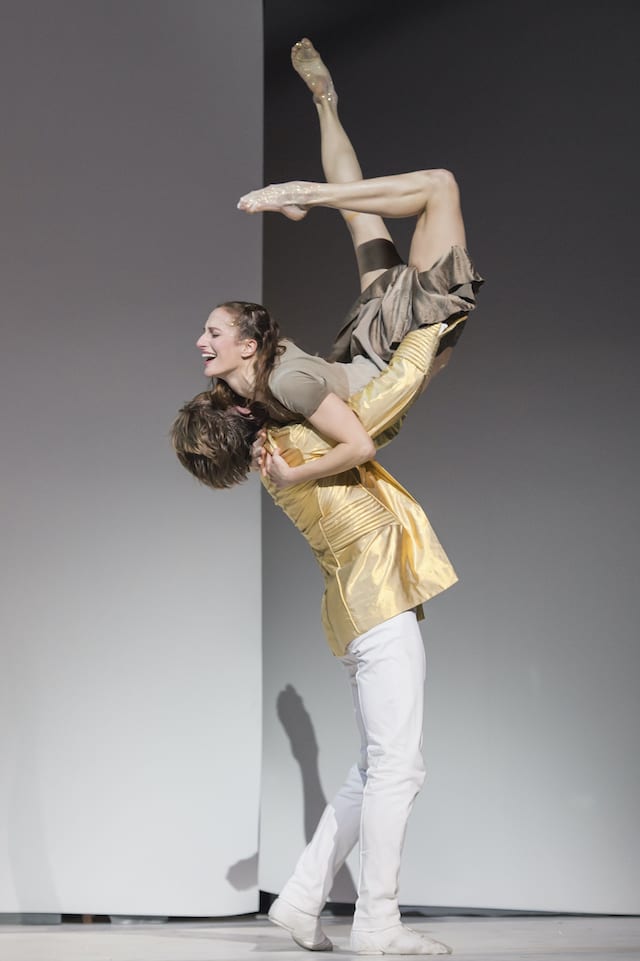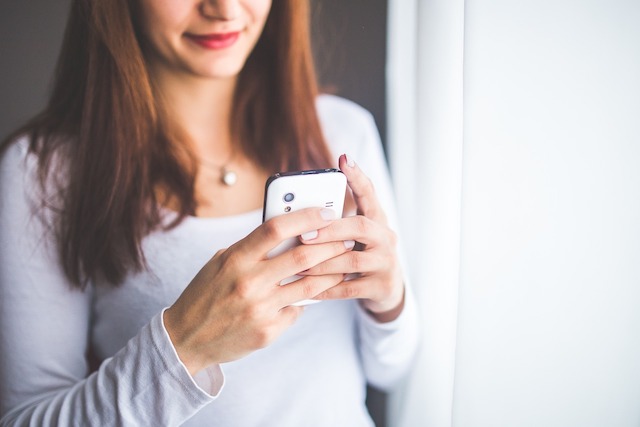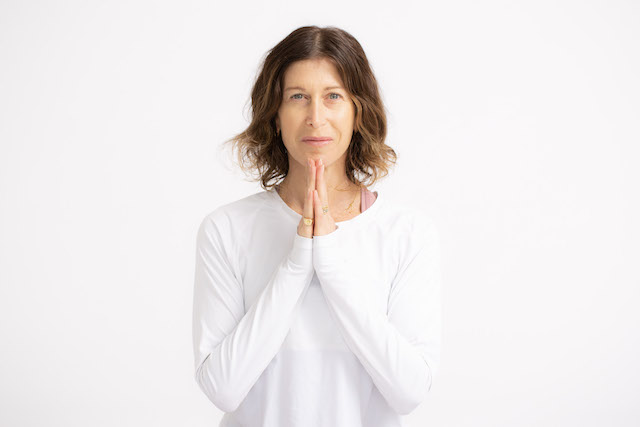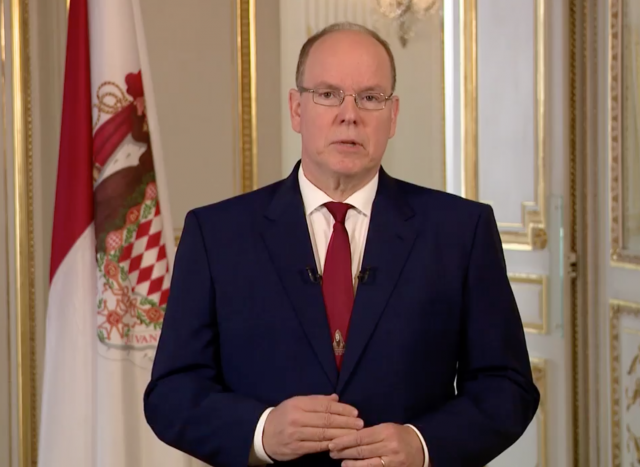Alicia Anka is a long-time resident of Monaco, who brings the community together with her good-will, writing, English teaching and yoga classes.
Her yoga practice is a powerful journey into oneself; she guides her students through a tailormade practice with yoga poses themed to a particular emotion and philosophy.
I feel like I have had my karma dry-cleaned and my mind set to a more peaceful mode thanks to Alicia.
[ihc-hide-content ihc_mb_type=”show” ihc_mb_who=”2″ ihc_mb_template=”1″ ]
Monaco Life: What is your first memory of Monaco?
Alicia Anka: When I was a child, we would come to Monaco during the summer to visit my mother’s parents. My father also entertained here in the summer, so the trip served two purposes. We would float around the Mediterranean or travel around Europe. Of course, when you are young you have less perspective, but I look back on that time now and how Monaco was then – so much style and charm – and I feel fortunate to have known it then.
How did you get into yoga and teaching?
I found yoga in my early 20s. I was living alone in San Diego at the time, struggling with back pain and general ‘who am I, post-university angst’, and I stumbled upon a coupon for a free yoga and meditation class at my health food store. So, I tried it, and from there my yoga journey began.
I had always been quite athletic. I ran a lot, went to the gym, so the physical challenge of the practice appealed to me. I also had this inner quest since I was a little girl to find something deeper than just my day-to-day experience of things. I was searching for something to feed my spiritual side. In those days, the yoga scene in California was really growing and studios were popping up everywhere.
I did five years of Bikram Yoga and five years of Ashtanga. Then I discovered what we call Vinyasa Flow Yoga. In 2002, I moved to Monaco after meeting my husband here. And shortly after that, I spent a month doing a teacher training course in a Sivananda ashram in Austria, which really developed my sense of discipline towards my practice.
I taught a little off and on after that, but I didn’t consider myself a yoga teacher. I am not sure if I would call that my profession now, either. I am also an English teacher, a content writer and I like being able to wear many hats.
But five years ago, I met my teacher Nico Luce when he came to Monaco to do the first Breathe as One yoga event, and that meeting changed my yoga life forever. I know that sounds corny, and Nico is far from being or acting like a guru. There was something about the way he approached yoga and its vast world of teachings that made it feel even more valuable to me, that made my desire to share it with others even stronger.
So, to this day, I continue to study with him and to learn from him, and I am forever grateful for what’s he’s added to my experience here on earth. Yoga is not a quick fix, it’s a path you choose, and I’m on it for life, no matter how bumpy it gets!
What does your teaching look like in Monaco and how has it changed during the Covid-19 period?
It isn’t easy for yoga teachers in Monaco. Rents are incredibly expensive, and the laws are not set up so that we teachers can share spaces like artists can. I worked for a while for Yoga Shala Studio and was very sad when they closed their doors, as were many. Then I tried for a while to open my own space, but the lease did not work out. So now I teach private and small-group classes in people’s homes and that works for now, as I am also a mother of two young children. For me, life is about balance and I am fortunate enough to be able to approach it that way. As far as this period of time goes, I am 24/7 with my two kids and my husband, so time to myself and for work is limited. However, I am giving daily free yoga classes on Zoom in order to stay connected with my community of students and to this practice that I love. I know how much it helps me stay on course, and I have witnessed how it has helped those around me, so that’s why it’s more important now than ever to keep sharing it. I am blessed to have students that appreciate the practice.
What keeps you sane during this time?
I have had days where I didn’t feel so sane. I am a person who needs her space, needs quiet and being confined with a two-yearold, a 10-year-old our dog and my husband has its challenges. Some days I feel like I am just barely surviving. But I seek solace in my yoga and meditation practice and my teaching.
And walks with the dog, talking with my sisters, reading my favourite author Mark Nepo, listening to good music or taking a time out on the couch and listening to binaural beats. I think the trick is not to be too hard on ourselves. Not to expect too much. To be really present and take it day by day. Hour by hour. To create the space to be alone and to FEEL everything, if you need it. And to do the things that make you feel good. Okay, maybe not too excessively! But know what you need and want out of this time.
For example, I need alone time and to move, so I get up at 6am before my family, I write in my journal, read a passage from Mark Nepo’s book ‘The One Life We’re Given’, and then I go for a run and do my yoga. That’s my time, and no matter how tired I am, I make it happen because it sets my day up.
How do you see the world going forward?
I was incredibly sad for the world when this all started. I cried a lot for humanity. I feared what we would become if we were locked away for too long. And now I am sad about the loss. Not just for the lives lost, but for the financial loss the world is experiencing. It’s going to change a lot of lives, and not for the better. So, I am not sure how I see things panning out.
I think on one hand there is this big movement of people who are giving things for free right now, just sharing their gifts with the world, and I think that’s beautiful. I think that ‘giving spirit’ will continue.
I also think it’s great that Mother Earth got a big break and has had the time to replenish herself.
On the other hand, I think there will be a lot of suffering for a while, and an underlying fear will continue to change the way we live. People are getting more and more used to this ‘behind closed doors lifestyle’ where everything is accessed remotely. I don’t think that’s the healthiest for human beings. True human connection is too important. But we are resilient and we’ll come back from this. I look at my children and how full of life they are, and I know that we must.
Lastly, what is your mantra or words of wisdom that you live by?
Right now, I would say, ‘Be authentic’. And come from a place of love, not fear or judgement. Going forward, I think those two things will be decisive in the way we live and what we can contribute.
For more information, visit: aliciaanka.com
[/ihc-hide-content]
